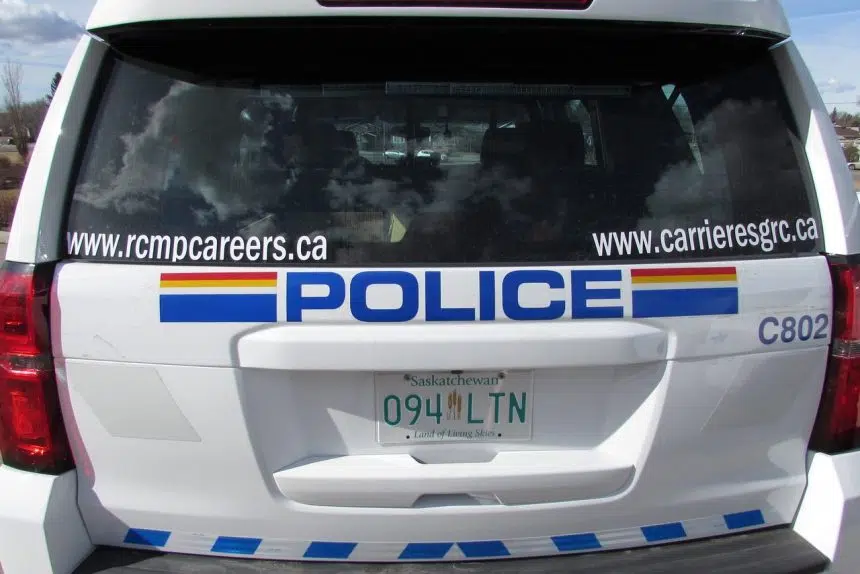More than half of the Saskatchewan people arrested for impaired driving by the RCMP in January and February blew more than twice the legal limit — with two people giving samples that were more than four times over the limit.
To mark National Impaired Driving Prevention Week, the Saskatchewan RCMP said officers from its Traffic Services unit and Combined Traffic Services Saskatchewan arrested 138 people for impaired driving in the first two months of the year.
Of those, 66 drivers provided samples that were at least twice the legal limit, 12 blew three times the legal limit, and two had blood-alcohol levels of at least .32.
“I wish we didn’t have to continue to warn the public about the dangers of impaired driving. We know it’s dangerous. We know its tragic consequences are 100 per cent preventable,” Supt. Grant St. Germaine, the officer in charge of the Saskatchewan RCMP Traffic Services, said in a release. “But we continue to find impaired drivers on Saskatchewan’s roads.”
The RCMP offered some reminders to people, including:
- If you’ll be consuming products which result in impairment like alcohol or cannabis, have a designated driver assigned or plan to take a cab or transit. If no safe ride is available, stay the night and drive only when sober;
- Don’t take a chance. If you question whether you’re “too impaired to drive or not,” you likely are;
- Don’t let friends or loved ones drive while impaired. If you have concerns about someone’s ability to drive safely, share them calmly and rationally and offer alternative options; and
- If you see a suspected impaired driver, pull over and immediately call 911. Signs of a possible impaired driver include: Lane drifting; driving too fast, slow or at an inconsistent speed; not using proper signals; making very wide turns; approaching and leaving intersections too slowly or quickly; and driving without headlights or leaving high beams or turn signals on.
EDITOR’S NOTE: This is an amended version of this story, reflecting that some of the arrests were made by RCMP officers who aren’t part of the Mounties’ traffic services unit.







